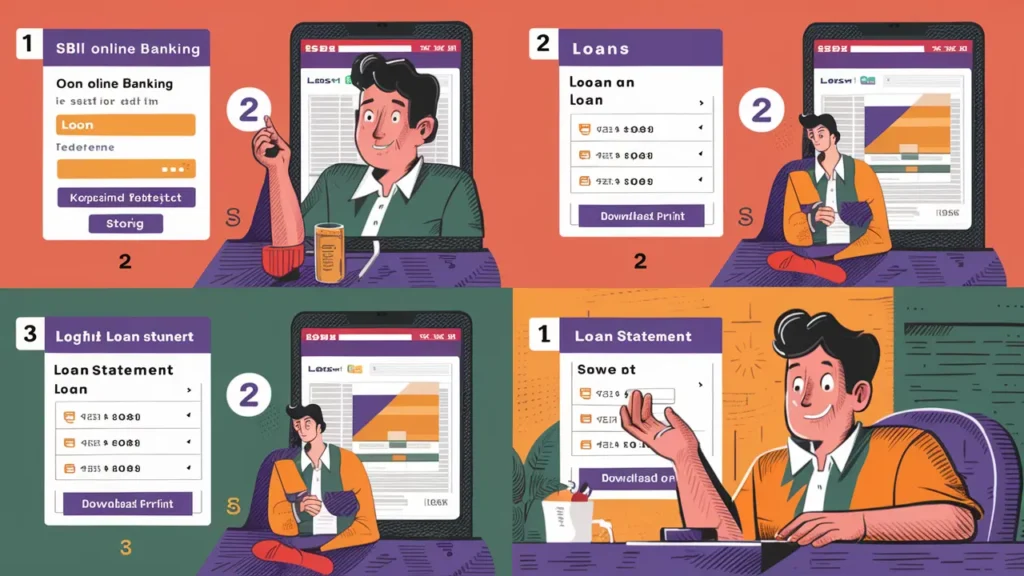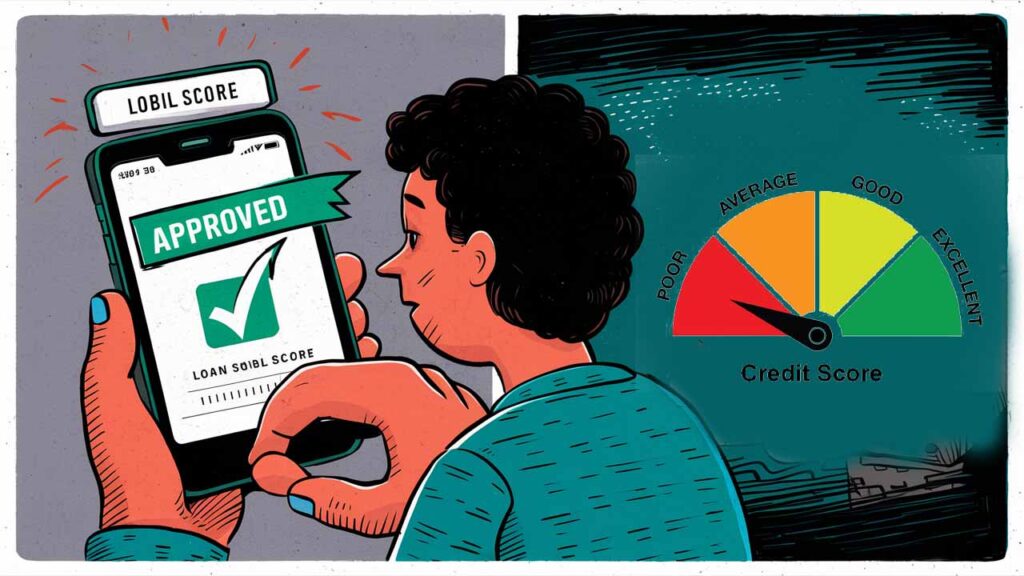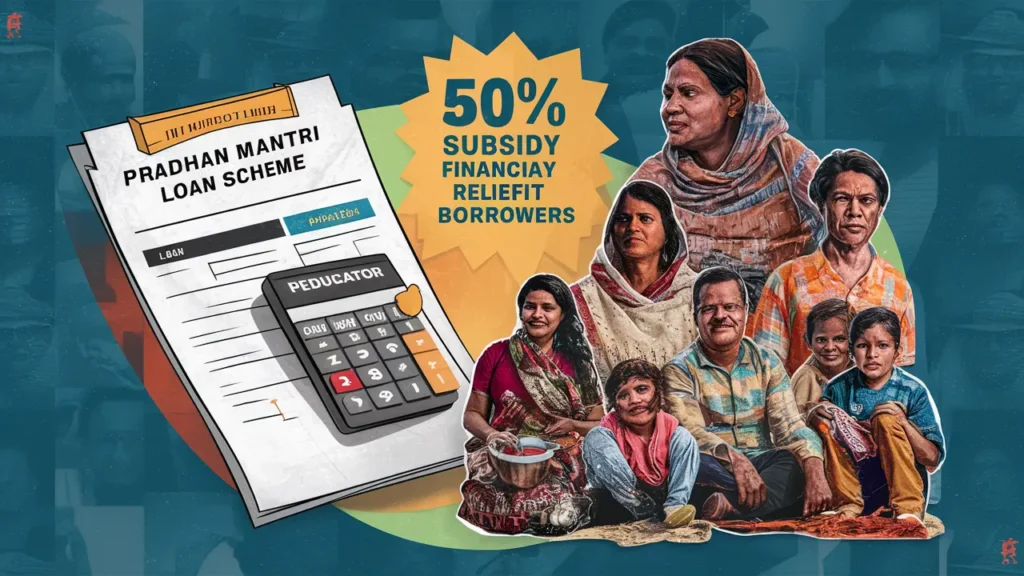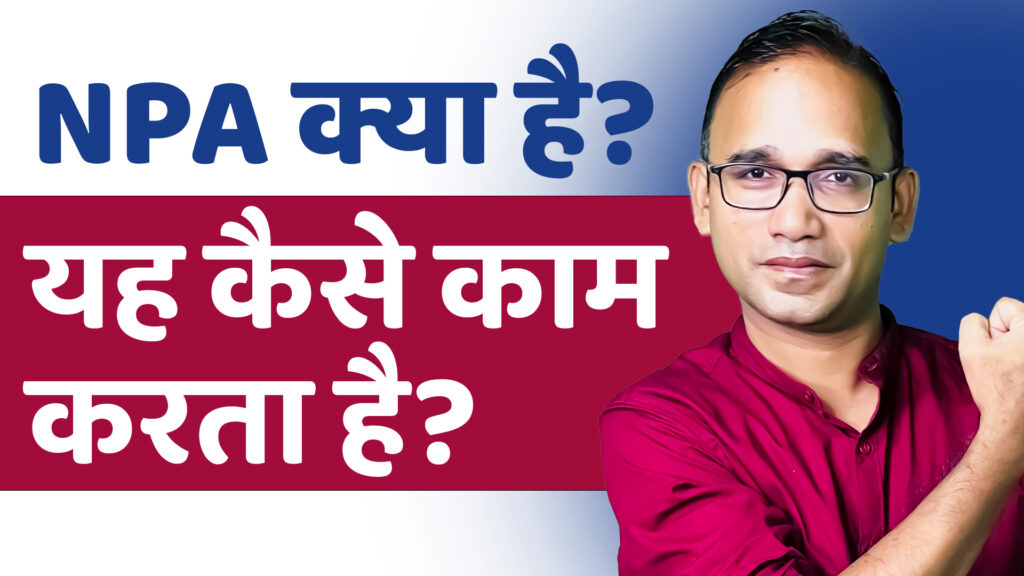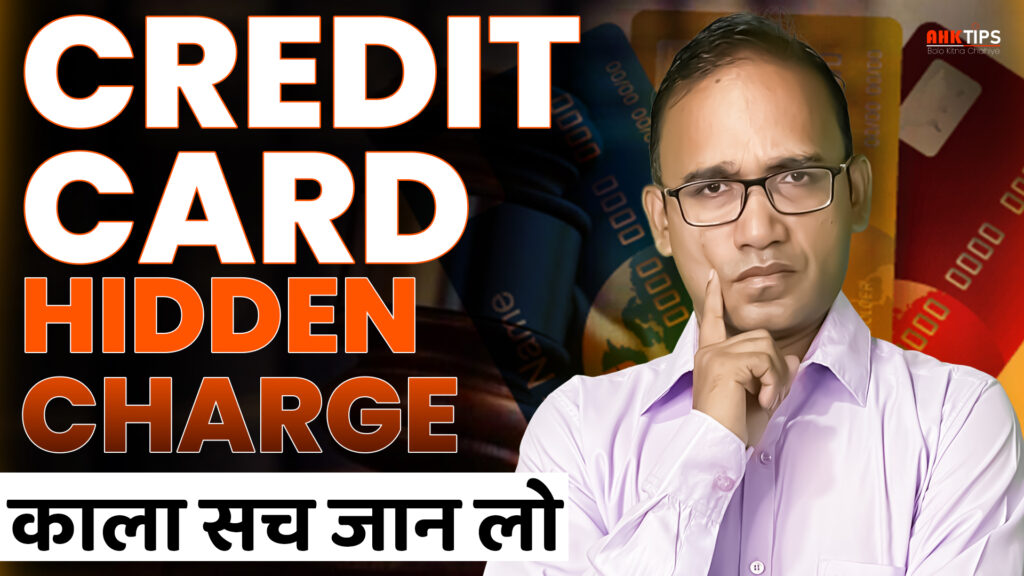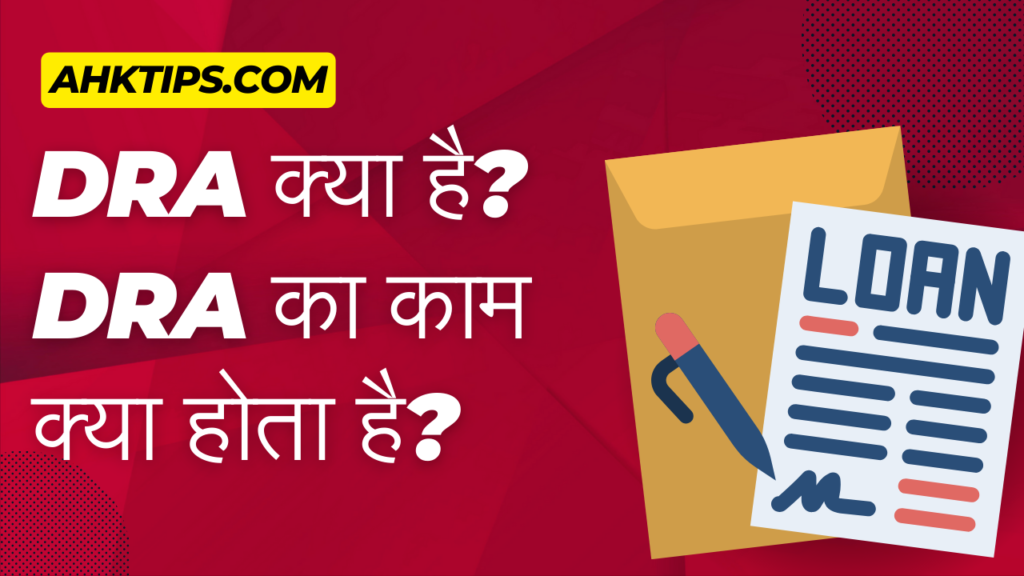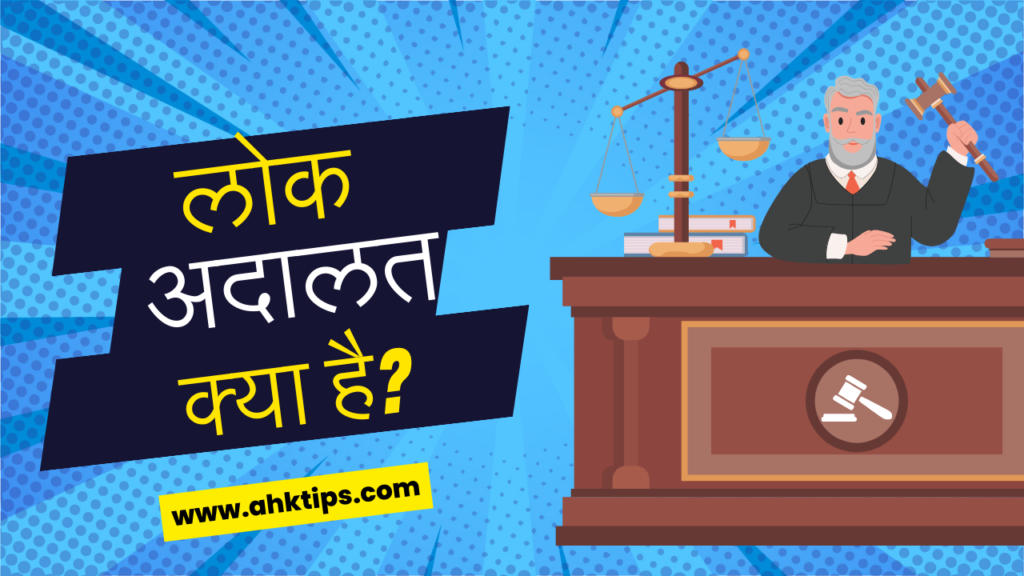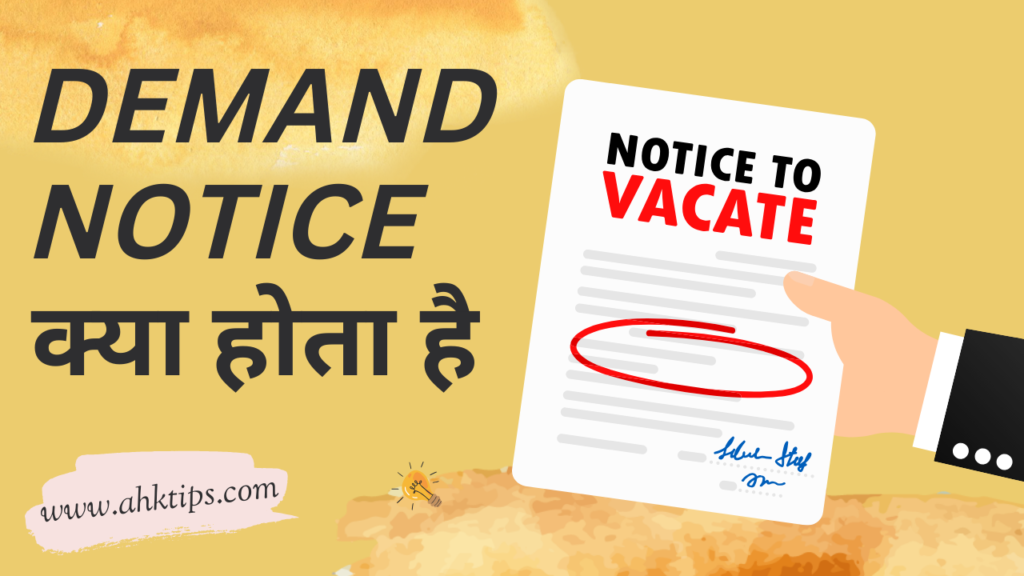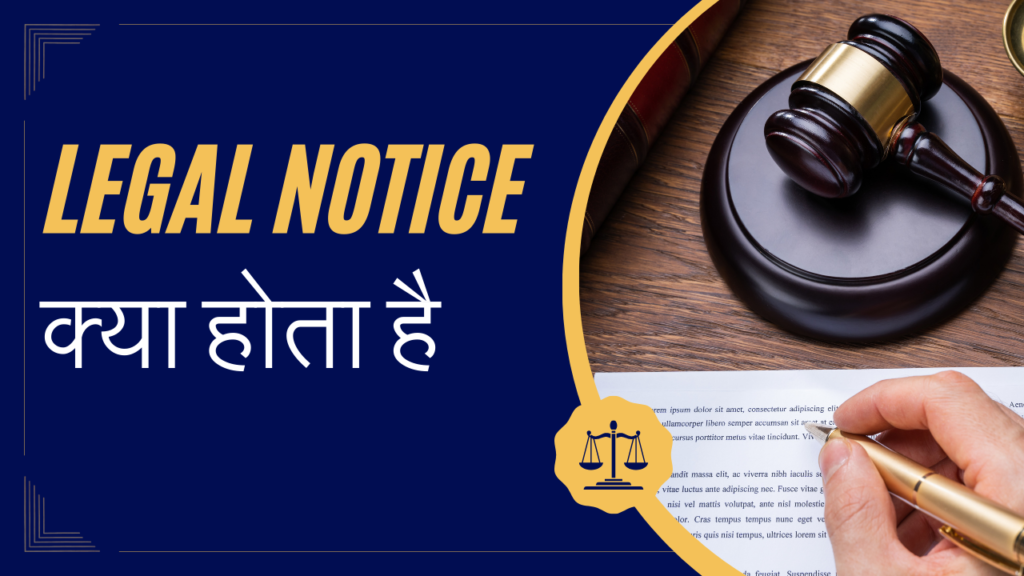Summary
It can be difficult to have multiple loans to manage, but with the proper strategy, you can manage them with ease and live without financial stress. The key to managing several loans is to remain organized. It is important to monitor all your loans, such as their size, rate of interest, monthly payment, and date of repayment. Keeping a loan list or having a loan management app will prevent you from missing payments and stay on top of your finances.
Organizing the loans in order of their interest rate, i.e., paying the ones with the highest interest rate first, like credit cards or personal loans, because by paying them first, you will save money in the long run. Having auto-pay or reminders will also keep the chances of missing a payment at bay and will keep the credit score healthy. Budgeting and adhering to it will ensure that you have sufficient money to make your EMIs every month.
If the servicing of all the loans is not feasible, then there are options available like refinancing or loan consolidation that will help your repayment. Loan consolidation is a procedure that collects all the loans and combines them together in a single loan, which can be easily repaid and has even lower interest rates. Refinancing also helps in reducing your EMI by negotiating on favorable terms.
Introduction
In the fast-paced world of today, borrowing loans has become extremely common. Whether it is a house loan, personal loan, automobile loan, or even a credit card loan, everyone has multiple loans simultaneously. Loans can aid us in fulfilling our dreams, such as purchasing a house, opening a business, or meeting emergencies. But if not handled wisely, multiple loans can turn out to be a huge burden.
A majority of people fall into taking loans without reaching the realization that they will be repaying. They might take a personal loan to pay off credit card dues or pay off one loan to pay off another. This is dangerous borrowing and could lead to a debt trap. This is why it is essential to know how to handle several loans properly way to your financial good. With a well-thought-out plan and correct approach, you can quite comfortably keep records of your loan payments and even save money.
One of the first things when handling several loans is to know what you owe and to whom. You have to make a list of all the loans – amount, monthly EMI, interest rate, and due date. This will give you a better idea of your financial commitments. Once you know your overall monthly EMI burden, you can plan your budget accordingly and avoid spending more than what you take home. It’s just as important that you rank your loans.
In this article, we will introduce you to some smart and easy tips that will help you deal with your multiple loans in a better way. We will take up budgeting, debt combination, the meaning of credit score, and all other effective approaches. We aim to assist you in taking control of your expenses while keeping loan repayment pressure off your hair.
Is it financially safe to take multiple loans at the same time?
It is not always worse to have multiple loans at a single time, but it is about how capable financially you are. If you receive a constant income, a healthy repayment timeline, and a good credit score, then multiple loans are secure for you.For example, you can have a home loan for your home, a car loan for your vehicle, and a personal loan for unexpected expenses.
But if you take too much money without thinking about how you will repay, it could bring about financial hardship. Your monthly payment of the loan EMI can be higher than your income, and you can default on a payment. It can ruin your credit score and even increase your debt due to interest and penalties.
Thus, taking several loans is financially safe only if you plan, borrow what you can afford, and pay all the money back on time. Always think twice before you acquire a new loan – ask yourself if you need it and if you will be able to repay it.
Does taking multiple loans affect your CIBIL or credit score?
Yes, going for many loans does impact your CIBIL or credit rating, but whether it is negatively impacted depends on how you are paying them. If you keep taking a great number of loans and pay back regularly each month, it means that you are a disciplined borrower and are efficient enough to pay back the loans. It helps increase your credit rating. But if you are missing EMI payments, delaying payments, or making excess use of credit limits, it will decrease.”.
And taking too many loans within a brief period can make you look credit-hungry, which will work against your rating. Your lenders will assume you are financially strapped. So while taking more than one loan will not always be bad, you need to manage them properly. Pay your EMIs on time, don’t take loans unless necessary, and maintain equilibrium between income and EMI outgo. Then your CIBIL score will be fine.
Is it easy to manage multiple loans simultaneously?
It is not easy at times to handle more than one loan at a time, but it can be done with good planning and self-control. When you hold more than one loan, like a home loan, vehicle loan, or personal loan, you must manage different EMI amounts, due dates, and interest rates.
It gets confusing if you are not well organized. If you do not take care of your budget, you might miss a payment, and that will incur penalties and a low credit score. But with a list of all your loans, reminders of due dates, and sticking to a budget, it becomes very easy.
Others also roll over their loans with a debt consolidation loan to make it easier. So, while it is not very easy in the beginning, it can be easy and trouble-free with the right steps and self-control.
Do banks or NBFCs easily approve multiple loans for one individual?
Banks and NBFCs can provide multiple loans to an individual, but that is not always feasible. Banks carefully examine your financial situation before disbursing a loan. Lenders take into account factors like your income, outstanding debt, credit history, and repayment experience. If you already have a loan and apply for another one, the bank will check if you can repay both loans without hassle.
Having a good credit score, consistent income, and a low debt-to-income ratio qualifies you for approval for several loans. But if you already have heavy loan obligations or a bad credit score, you may not qualify. The lenders don’t want you to be burdened with debt and unable to repay several loans. Therefore, it may be possible to obtain multiple loans, but approval will be based on your overall financial condition.
How to manage multiple loans? Know the right way to manage?
It’s hard to deal with multiple loans, but with the right strategy, you can handle them effectively and reduce stress. Here’s how to do it:
Create a Loan List
Write down all your loans first. Note down important details like the loan amount, interest rate, monthly EMI, due date, and loan tenure for each loan. This will help you organize and know your commitments.
Prioritize High-Interest Loans
If you have more than one loan with different interest rates, prioritize the ones with higher interest rates. You will end up saving money in the long run. Credit card loans or personal loans usually come with a higher interest rate, so paying them off early can help you avoid the financial burden.
Budget Wisely
A properly set budget is required if you have more than one loan. Ensure that you maintain your expenses and income in balance so that you have enough money to pay for your EMIs monthly. Be thrifty and stick to your budget so that you are able to repay your loan.
Set Up Automatic Payments
Missing an EMI repayment will damage your credit score and incur penalties. Prevent this by automating your EMIs. This way, you never miss any deadline, and you also save time.
Consolidate Loans
If you are having trouble managing more than one loan, you might opt for loan consolidation. You take all your loans and club them into one loan with one EMI and, perhaps, a lower rate of interest. It can make your repayments smooth and comfortable.
Note: If you are unable to manage multiple loans to end your debt, then you can also use the process of loan settlement. Let us know about loan settlement in detail.
What is a Loan Settlement?
Loan Settlement is a process in which you negotiate with your creditor to forgive a part of the outstanding amount on your Loan by making a lump sum payment. It is an agreement that you make with your card issuer as a last resort when you see that your Loan debt is increasing.
This can happen due to many reasons, ranging from unnecessary spending to careless spending habits. When your debt increases, the interest on it also increases, which can make it difficult for you to repay the outstanding amount. If you do not see any way out of this, then you can recommend a Loan Settlement.
What documents are required to do a Loan Settlement?
Let us know what documents are required for a Loan Settlement.
1. ID Proof
- Aadhar Card
- PAN Card
- Passport
- Driving License
- Voter ID
2. Address Proof
- Aadhar Card (if it has the correct address)
- Electricity or Water Bill
- Copy of Bank Passbook or Bank Statement
- Rent Agreement (if you live on rent)
3. Income Proof (if required)
- Salary Slip (if you are employed)
- Bank Statement (last 6 months)
- Copy of Income Tax Return (ITR)
- Business Documents (if you are a businessman)
4. Loan Statement
You will have to provide the Loan statement to give the correct information about your outstanding balance. The bank can also generate this statement itself, but sometimes they ask you for a copy of it.
5. Settlement Request Letter
If you are approaching the bank for settlement on your own, you will have to give a written Settlement Request Letter in which you can explain:
- Why do you want a settlement?
- What is your financial situation?
- How much can you pay as a one-time payment?
6. Settlement Offer Letter given by the bank
When the bank agrees to the settlement, they give you a Settlement Offer Letter. Read it carefully and confirm the amount and terms mentioned in it.
What to do before doing a Loan Settlement?
Below are some steps that should be followed before a Loan Settlement:
- First of all, check your income, expenses, and all other debts properly. Know how much you can repay.
- Before a Loan Settlement, share your problem with the bank or lender.
- Sometimes, they can offer you a better solution, such as reducing the EMI or increasing the loan term.
- Contact a financial advisor or expert. They can help you make the right decision and explain how a Loan Settlement will affect your credit score.
- If you decide to do a Loan Settlement, read the terms and conditions given by the bank carefully. Make sure that you are not being charged any hidden fees.
- Doing a Loan Settlement can reduce your credit score. This can make it difficult to get a loan in the future. Make a decision keeping this in mind.
- Loan Settlement should be the last option. Before that, consider other options like refinancing, reducing EMIs, or asking family and friends for help.
What are the reasons for doing a Loan Settlement?
Below are some common reasons:
- If a person loses his job, stops a source of income, or suffers huge losses in business, then it may be difficult to repay the loan on time.
- There may be a shortage of money to repay the loan if the expenses suddenly increase due to a major illness or medical emergency.
- Many times, a person has the burden of more than one loan, which becomes difficult to repay on time.
- There may be problems in repaying the loan due to any natural disaster, accident, or any major crisis in the family.
- If the interest rate of the loan is very high and there is a problem in repaying the installment, then a Loan Settlement is resorted to.
- Many times, a person is not able to manage his expenses and income properly after taking a loan, which causes problems in repaying.
How to apply for a Loan Settlement?
If you are unable to pay your Loan dues and are troubled by heavy interest rates, a Loan Settlement can be a possible solution. Under this process, the bank or Loan company can waive off part of your total outstanding amount and give you the option to make a lump sum payment (One-time Settlement). However, this can affect your CIBIL score, so adopt it only as a last option.
Step-by-step process to apply for Loan Settlement
- First of all, decide that you are not in a position to pay the entire Loan dues.
- Check your income and expenses and decide how much you can pay at most.
- Talk to the customer care of your bank or Loan company and tell them about your current financial situation.
- Ask for a settlement offer from the bank and start the conversation.
- The bank will propose a settlement amount, which will be lower than your outstanding amount.
- If you don’t accept this amount, negotiate with the bank and attempt to lower the amount based on your capacity to pay.
- After the bank and you reach an agreement on a specific amount, ensure that you receive a written settlement letter.
- It should explicitly state the settlement terms, payment dates, and other conditions.
- After completing the settlement, pay the amount in full within the given time.
- Get a No Due Certificate (NOC) or Final Settlement Letter from the bank after the payment.
- After the settlement, make sure the bank updates the “Settled” status in your CIBIL report.
- This can affect your credit score, so inculcate good financial management habits to improve it in the future.
What is the impact on the CIBIL score after a Loan Settlement?
A settlement can hurt your credit score. The impact can be seen in the following ways:
- After the settlement process, your credit report records that you have “settled” your debt. This entry remains in your credit history for 7 years and can be viewed negatively by lenders or other creditors, which can affect your chances of getting a loan in the future.
- Since a settlement means that you have not repaid the entire debt, when you try to get a new loan in the future, banks may reject your application or offer you loans at higher interest rates by looking at your credit score and report.
- After settlement, if you have a Loan or other credit line, your credit limit may be reduced as creditors think you may be a high-risk customer.
- If your credit score drops, it may be difficult for you to get a loan, Loan, or any other type of credit facility. This can also affect your financial stability, especially if you face a financial emergency in the future.
- When you settle with your bank, you are not paying off the entire debt, but a certain amount that is less than the principal amount. This is viewed negatively by the credit bureaus, as it shows that you have been unable to repay your debt. As a result, your credit score may drop.
What are the advantages (Pros) of doing a Loan Settlement?
Let us know what the benefits of doing a Loan Settlement are:
- While a settlement will bring down your CIBIL score, provided you exercise financial responsibility after the settlement and settle your other loans and bills punctually, you will improve your score over time.
- In a Loan Settlement, you pay a specific sum at one time, which settles your debt entirely. It may be helpful to the people who desire to come out of debt by increasing a little money at a time.
- Mental tension grows through rising debt and bank calls. On settlement, you are free from this concern, and you may concentrate on a better financial status again.
- If your Loan dues have become very high, and you are unable to repay them, then a settlement can give you great relief.
- When you do not pay your Loan continuously, the bank can send a legal notice to you and can also send a recovery agent.
- The interest on Loans is very high, which can be up to 30-45% per annum. If you are not paying on time, the interest and late payment fees keep increasing continuously.
What are the disadvantages (Cons) of doing a Loan Settlement?
Let us know in detail what the disadvantages of doing a Loan Settlement are.
- In some cases, when you go to take a loan from another bank in the future, the bank may ask you to repay the entire previous settlement amount after looking at your credit history. That is, if you had settled by paying Rs 50,000 on an outstanding amount of Rs 1 lakh, then the new bank can demand the remaining Rs 50,000 from you.
- If you have settled a Loan with a bank, then the same bank can refuse to issue you a Loan again in the future.
- Doing a Loan Settlement can spoil your relationship with the bank. The bank sees it as if you have not fulfilled your financial responsibilities completely, due to which you may face problems in banking services in the future.
- The biggest disadvantage of a Loan Settlement is that it spoils your CIBIL score. When you settle with the bank and pay a lesser amount instead of paying the entire dues, the bank reports it in “Settled” status. This status can remain in your credit report for up to 7 years, which may make it difficult to get a loan or a new Loan in the future.
- If you have done a Loan Settlement once, banks and other financial institutions may consider you a “high-risk customer”. This may cause problems in getting a home loan, personal loan, or business loan, or the bank may give you a loan at a higher interest rate.
Conclusion
It may feel intimidating to have more than one loan simultaneously, yet it can be taken care of with ease by proper methods and planning techniques. All that is needed is to be well-organized and self-controlled. If you keep a proper account of each loan, give preference to those with higher interest, and follow a well-planned budget, then you are sure not to miss an installment. Automating the payments or even sending reminders will also minimize the possibility of missing deadlines. If needed, you can also look into possibilities like loan consolidation or refinancing to simplify your payment process.
Although taking multiple loans in a situation might be unavoidable at times, ensure that you will be able to afford monthly payments without affecting your financial health. Avoid over-borrowing, and regularly check your credit score and reports to know if you are on the right track.
Remember, if you feel lost, don’t be shy to seek help from your lender. They might relieve you of your burdens by way of refinancing your loan or giving you extra time to repay. Being proactive, you will have the means to take care of your debt and continue being in a financially healthy condition. Ultimately, managing more than one loan is a question of getting the right mix between borrowing, paying, and being healthy in your finances. If done properly, you can succeed in your loans and be well off financially.
Frequently Asked Questions (FAQ’s)
Ans: It is safe to take more than one loan simultaneously if you can repay them. Make sure that you take into account your income and past financial commitments before acquiring the loans. Payment of loan installments on time is what makes you keeps your finances in check.
Ans: You can monitor your loans by creating a list that has information such as the loan amount, interest rate, EMI, due date, and loan tenure. It can also become easier to organize using a loan management app or spreadsheet.
Ans: Consolidation of loans involves merging two or more loans into a single loan with a single EMI. It can simplify your repayments and can even provide better terms, such as a lower rate of interest, removing the issue of multiple loans.
Ans: Taking more than one loan will impact your credit score, particularly if you default on payments or use a high level of credit. But if you pay your loans as required and on time, it will raise your credit score in the long run.
Ans: You have to repay the high-interest loans first, including credit card loans or personal loans. It will end up saving you money in the long term by repaying them earlier. Then repay the rest of the loans with low interest rates.



